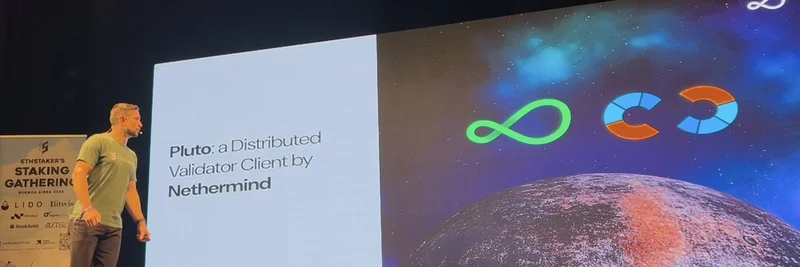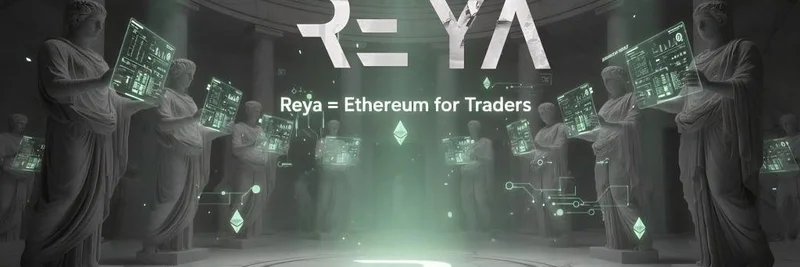If you're into the wild world of blockchain and meme tokens, you know that Ethereum is the backbone for so many projects, including those viral memecoins that can moon overnight. But what keeps Ethereum humming? Staking. And now, there's some exciting news shaking up the staking scene: Nethermind is partnering with Obol to launch Pluto, a brand-new distributed validator (DV) client. This could mean a more secure and decentralized network, which is great for everyone trading or holding meme tokens on ETH.
Let's break it down. Recently, Obol's Kody Sale took the stage at the EthStaker Staking Gathering in Buenos Aires to spotlight this collaboration. In a post on X, Sale highlighted how Nethermind is the first team to build a fresh DV client based on Obol's specs. "We're looking forward to the end game architecture, which is multiple clients at the middleware layer," he said.
Nethermind quickly chimed in with their own enthusiastic response: "This is exactly the direction the DV layer needs. We’re working with Obol on Pluto so multiple clients at the middleware layer become the norm, not the exception."
So, what's a distributed validator, anyway? In simple terms, DV technology lets multiple machines (or nodes) team up to run a single Ethereum validator. This spreads out the risk—if one node goes down, the others keep things running smoothly. It reduces the chances of penalties like slashing (where you lose staked ETH for bad behavior) and boosts overall network resilience. Obol has been a leader in this space, and now Nethermind is jumping in with Pluto to add more variety to the mix.
Why does client diversity matter? Ethereum thrives on having different software clients (like execution clients or consensus clients) to avoid single points of failure. If everyone used the same client and it bugged out, the whole network could grind to a halt. Pluto aims to bring that same diversity to the DV middleware layer, making staking even more robust. According to Obol's announcement blog, this move advances the "staking end game" by enabling a multi-client setup.
Set to launch in 2026, Pluto isn't just tech jargon—it's a step toward a stronger Ethereum. For meme token fans, this means a more reliable platform for your favorite coins. Think about it: better staking leads to higher network security, which can stabilize gas fees and make DeFi plays involving memecoins less risky. Plus, with tools like liquid staking (where you stake ETH and get a token to trade with), improvements in DV tech could open up new opportunities for yield farming or leveraging meme assets.
The community is already buzzing. One reply to Nethermind's post asked about interoperability testing to avoid a "wild west" scenario, showing folks are thinking ahead about how this integrates seamlessly.
If you're staking ETH or just riding the meme wave, keep an eye on Pluto. It's developments like this that keep Ethereum evolving, ensuring the blockchain stays decentralized and ready for the next big meme token surge. For more details, check out Nethermind's infrastructure page or Obol's grants program update, where they first teased this partnership.


